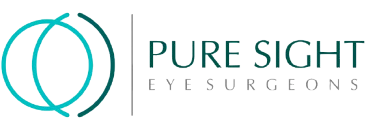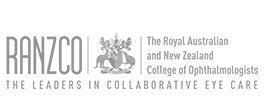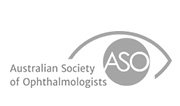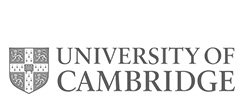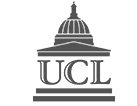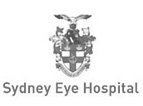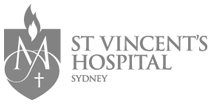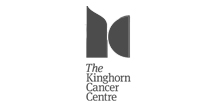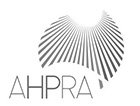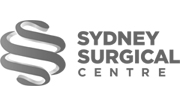PRK (Photorefractive Keratectomy)
Clear vision is achieved when light falls on your cornea (transparent outer curved layer) and lens (flexible biconvex lens inside your eyes), which bend to focus the light on the photosensitive retina at the back of your eye. An abnormally curved cornea and lens fail to focus light on the retina, causing blurred vision. Photorefractive keratectomy is a procedure that uses laser to correct the shape of the cornea so that it focuses an image more accurately on the retina.
What are the indications of PRK?
The procedure is indicated when the cornea is curved too little (farsightedness), too steeply (near-sightedness) or irregularly (astigmatism).
What are the preoperative preparations?
If you use contact lenses, you may be asked to stop wearing them for a period of time prior to the procedure.
How is the procedure performed?
The procedure is performed under local anaesthesia and takes about 10 minutes to treat both eyes. A laser is directed on the cornea to correct its curvature. Your eyes are covered with a special contact lens bandage that remains in place for at least 3-4 days to allow the corneal surfaces to heal.
What will I experience following surgery?
You may experience some eye irritation and sensitivity to light for 2-3 days which is normal. Your doctor will prescribe eye drops to control pain, inflammation and infection. Vision may be blurry initially, but improves gradually over a period of weeks to months.
What are the risks associated with the procedure?
The procedure is mostly accurate but occasional complications include reduced vision, glaring and halo formation.
